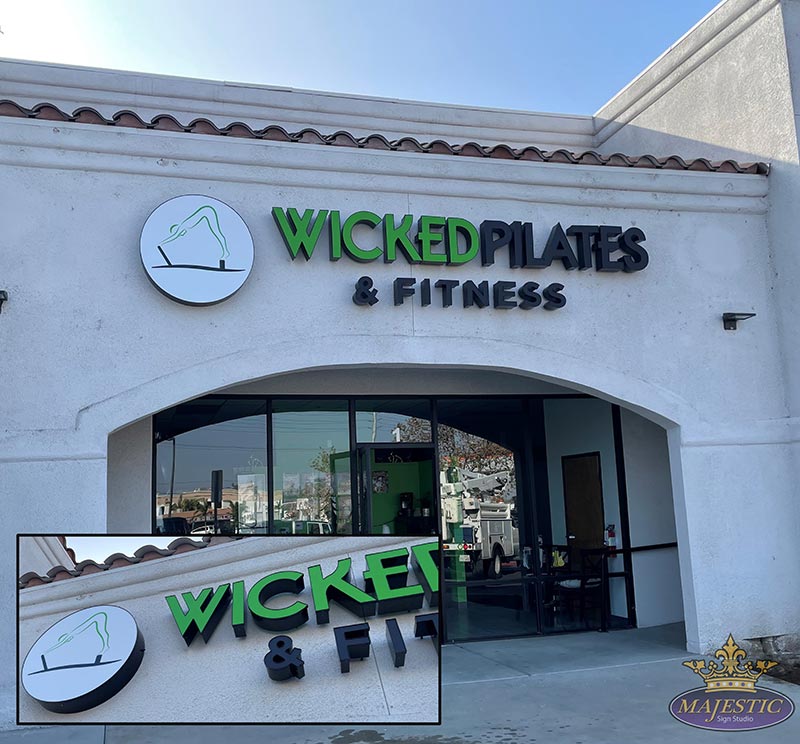
In the ever-evolving landscape of healthcare and dentistry, efficiency and patient experience are top priorities. One major innovation making waves is the integration of virtual dental offices and healthcare virtual assistants. These digital tools aren’t just about cutting costs—they’re about building smarter, more responsive systems of care.
Reimagining the Dental Office with Virtual Tools
The virtual dental office is revolutionizing how practices manage operations. From patient intake to post-treatment follow-ups, a fully digital office environment ensures convenience and accessibility. Dentists can now offer consultations remotely, manage patient data securely, and streamline workflows without sacrificing quality of care.
A key element in this setup is the virtual dental receptionist. These professionals work remotely, but seamlessly handle appointment bookings, insurance verifications, reminder calls, and even billing queries. This not only reduces the burden on in-house staff but also ensures patients receive prompt attention.
The Rise of Medical and Dental Virtual Assistants
Medical and dental virtual assistants have become indispensable in both clinical and administrative functions. They support everything from electronic health record (EHR) documentation to patient communication, prescription refills, and more. Their role is not limited by location, making them a scalable resource for practices of all sizes.
These assistants can handle:
- Patient scheduling and reminders
- Digital charting and EHR updates
- Lab result coordination
- Insurance follow-up
- HIPAA-compliant documentation
Health Virtual Assistants: Personalized Support Anytime
A health virtual assistant provides patients with consistent support, especially for chronic care management and wellness tracking. Whether it’s medication reminders, lifestyle coaching, or answering basic health questions, these virtual aids offer continuous support beyond clinic hours.
What makes them so valuable is their ability to personalize communication. Through AI-backed systems and trained staff, health virtual assistants improve adherence and engagement—two crucial factors in long-term care success.
The Versatility of Virtual Care Assistants
The virtual care assistant is a broader term encompassing both medical and non-clinical support. These professionals assist in pre-visit screening, telehealth coordination, insurance eligibility checks, and even scribing during virtual consultations. Their value is evident in reducing provider burnout while enhancing patient outcomes.
Virtual care assistants enable healthcare providers to:
- Deliver better coordinated care
- Manage patient data securely
- Maintain consistent communication
- Focus more on direct patient interaction
Why Healthcare Virtual Assistants Are the Future
The demand for healthcare virtual assistants continues to grow due to the need for remote efficiency, data accuracy, and cost-effectiveness. Practices adopting these virtual solutions have reported:
- Increased patient satisfaction
- Reduced administrative overhead
- Enhanced appointment retention
- Improved overall operational performance
By integrating these tools, practices can remain competitive and responsive in a fast-changing health environment.
FAQs: Virtual Assistants in Healthcare and Dentistry
Q1: What is a virtual dental office?
A virtual dental office is a digitized practice setup that uses technology to manage administrative and clinical functions remotely, including virtual appointments.
Q2: How does a virtual dental receptionist help?
They manage patient calls, appointments, billing, and other front-desk tasks remotely, ensuring smoother operations and enhanced patient support.
Q3: Are medical and dental virtual assistants qualified professionals?
Yes, they are often trained in healthcare administration and may hold certifications in HIPAA compliance, medical billing, and EHR management.
Q4: What’s the difference between a health virtual assistant and a virtual care assistant?
A health virtual assistant focuses on patient engagement and health monitoring, while a virtual care assistant supports both clinical and non-clinical tasks in healthcare delivery.
Q5: How do healthcare virtual assistants ensure data security?
Reputable services use encrypted communication, HIPAA-compliant platforms, and strict access controls to safeguard patient information.
Final Thoughts
Virtual solutions are no longer optional—they’re essential. With tools like the virtual dental office, virtual dental receptionist, and healthcare virtual assistant, practices can offer high-quality care while reducing workload and costs. Whether you’re a solo practitioner or a growing clinic, investing in these virtual roles opens the door to better efficiency, engagement, and excellence.





